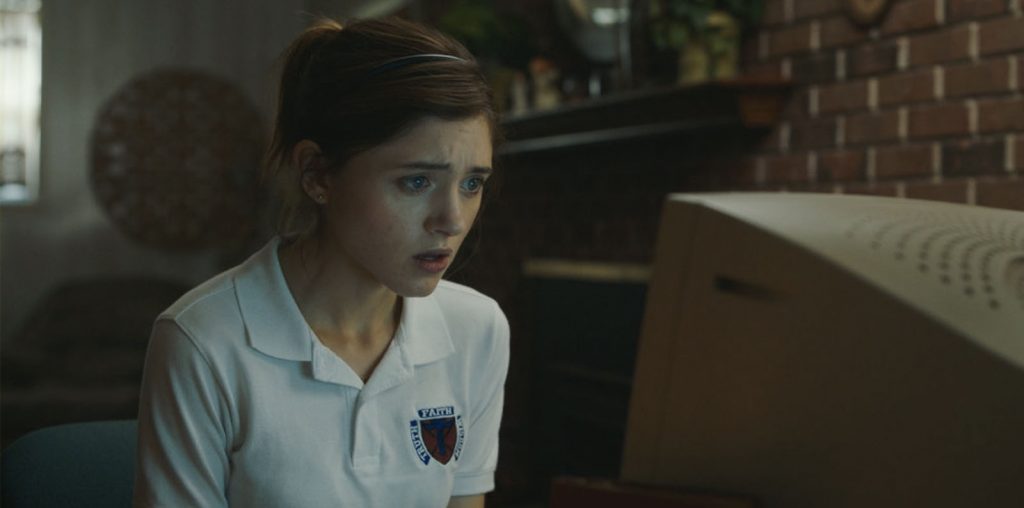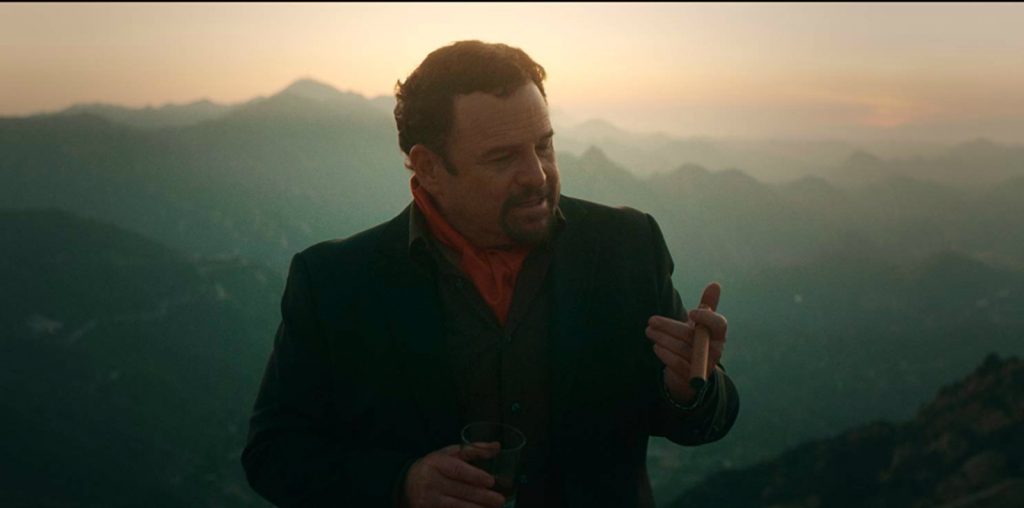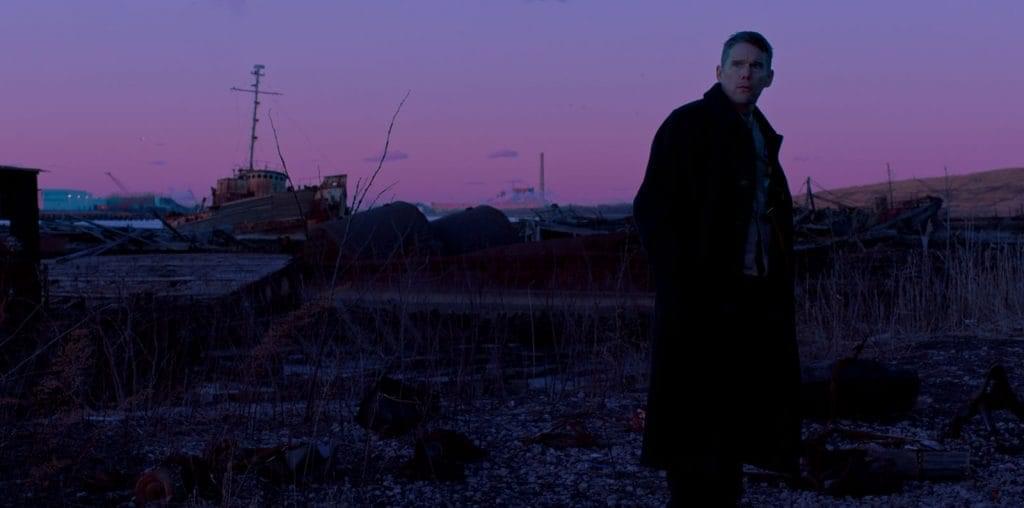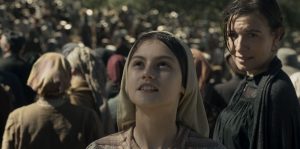
Your reaction to Marco Pontecorvo’s faith-based drama Fatima will depend on your tolerance for sap. I happen to be allergic to it. There’s only so much earnest sentimentality I can take, especially if it’s not diluted with a healthy dose of humor or originality. Fatima sorely lacks in those departments. It’s an honest-to-God account of a historical event, light on flourishes but heavy on symbolism.
To make it clear: God’s Not Dead, this is not. Pontecorvo is too much of a romantic, with nary a cynical bone in his body, to produce pandering stuff like Do You Believe? or Courageous. One can tell he genuinely found this story fascinating – and it is, no doubt – and wholly devoted himself to this passion project. Sadly, honorable intentions do not always result in triumph.
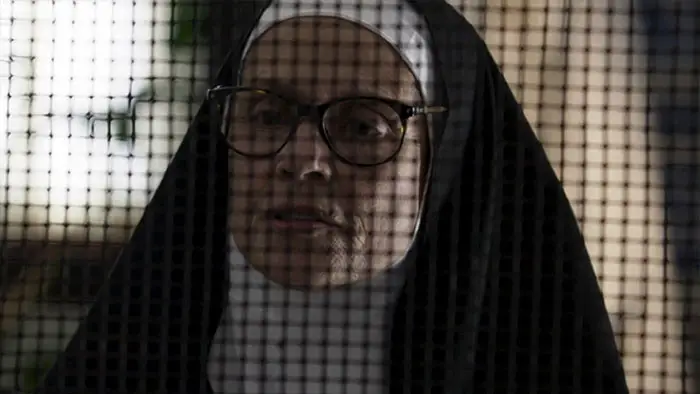
“…a young Lucia, along with her two young shepherd friends, encounter the Virgin Mary out in the fields.”
The film switches back and forth between two timelines. In 1989, in Coimbra, Portugal, the skeptical Professor Nichols (Harvey Keitel) interviews Sister Lucia (Sônia Braga) for his book. He wants to learn more about the miracle she witnessed when she was a child in Fátima. In 1917, a young Lucia (Stephanie Gil), along with her two young shepherd friends, encounter the Virgin Mary out in the fields. The divine vision implores them to pray, to bring peace to the world.
Lucia’s religious mother, Maria Rosa (Lúcia Moniz), is skeptical. Lucia prays at the local church, where Father Ferreira (Joaquim de Almeida) believes the girl. The local mayor, Artur (Goran Visnjic), however, deems those claims harmful to the village. The villagers start coming in swarms “for the seers,” and before she knows it, Lucia becomes a prophet – or at the very least, a conduit for a possible one. When miracles begin to occur – a person that can’t walk “will heal if he starts believing” – Artur, with the help of church and government officials – closes down Father Ferreira’s church (“This is not faith, this is superstition”) and attempts to shut down further blasphemy by detaining the children. Are the children telling the truth?
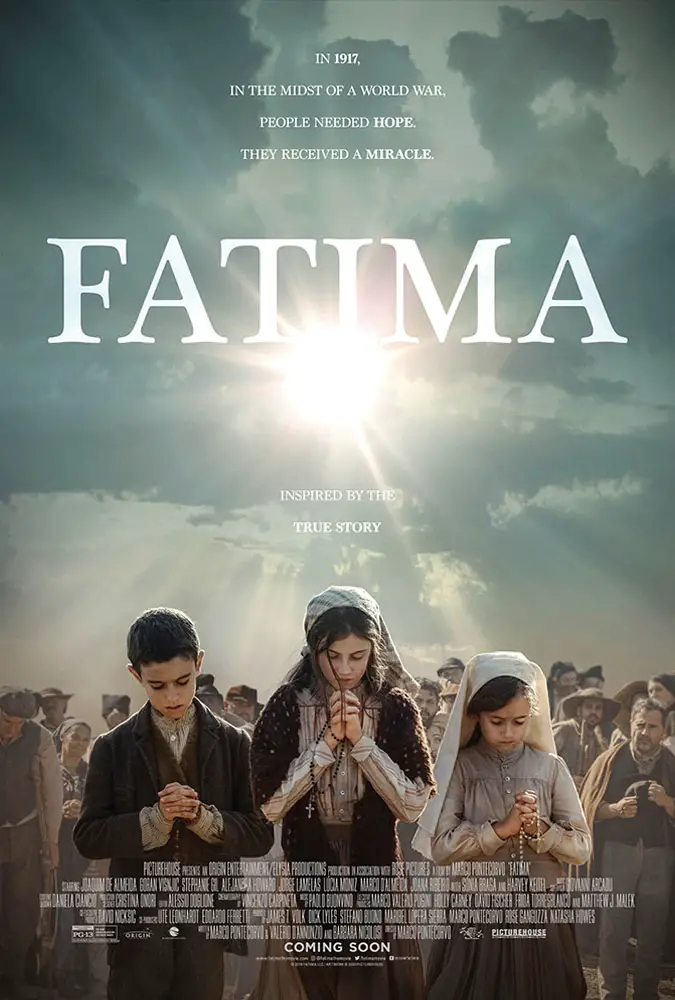
"…an honest-to-God account of a historical event, light on flourishes but heavy on symbolism."
